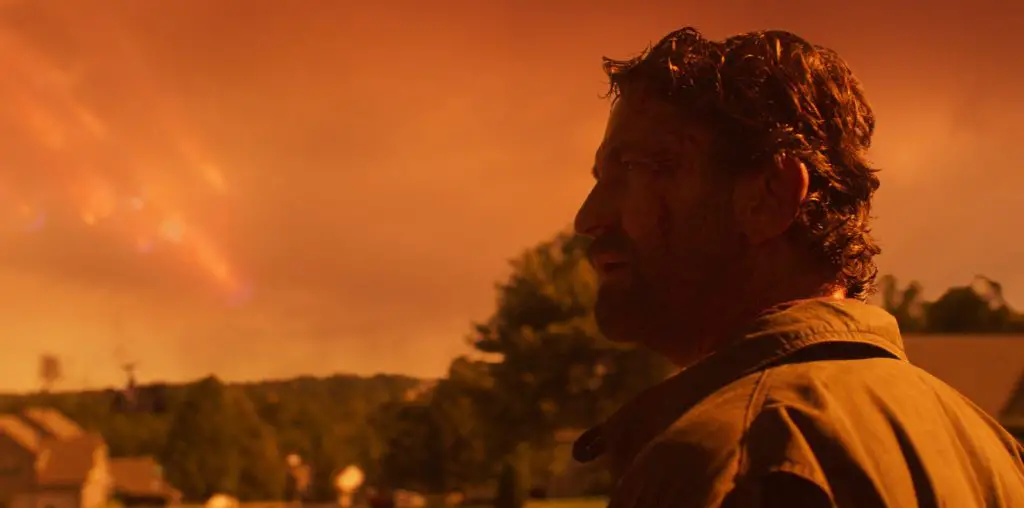
Alfred Molina isn’t ashamed to admit it: he always wanted to be in a western. In an interview for LA Theater Works, he recalls his early ambitions to portray the American roughs – gangsters, prairie outlaws, mercenaries. A trained British actor with an extensive range, Molina prefers the grainy American dictions that ironically find their own eloquence. Such a draw also brought Daniel Day-Lewis to realize an oilman chasing manifest destiny in “There Will Be Blood.” An American may have felt more at home in role; Day-Lewis chose to fine-tune it.
Likewise, Jeremy Irons brings conviction to his outlaw in Ed Harris’ “Appaloosa.” As Randall Bragg, Irons’ vocal delivery is acute to the nuance of a westerner, this one a leader as much as he is a savage. When he shoots down a Marshall in cold blood, thus begins the moral call at the heart of the classic American western.
The town hires Virgil Cole (Ed Harris) and Everett Hitch (Viggo Mortensen) to take on the unattainable killer living just outside of town. While committed to justice, they too possess a brutal edge, likely a taint from years of exterminating on command. A man of action through and through, Cole commands a rambunctious bar-goer to disperse; when he laughs back, hell flies with a fist and the butt of a pistol. Hitch occupies Cole’s side, ready to wield his shotgun on a hair. While Mortensen’s vocal delivery lags – he can’t find that special cadence – his visual presence is a genre fanatic’s treat. With an angular mustache and sand-roughed skin, he recalls the villains of Lee Van Cleef and Jack Palance, even if by tale’s end Hitch turns out to be “Shane.” (Perhaps a little too obvious a nod to the fan base?)
And the presence of Bragg’s gang is just as worthy. Ragged and morally raw, they could double as motorcycle raiders or an urban posse. Such characterizations remind us how the western, with its firm place in the American legend, spawned archetypes for a variety of action-based genres. Today the western mythos occupies the urban police thriller, and this more modern form never forgets the conceits of the tradition that inspired it. The bad were born on the prairie, and the good rose up to confront them.
Set on his mission, Cole soon gets a bug for domestication. Appearing from a train is Allison French, played by Renée Zellweger, who’s corset is as tight as her features. She incorporates the classic genre’s inspiration for family that ladies from back East brought to their cowboys. Though when we see her skill at playing the piano, she may just be a good-times saloon girl in chaste clothing. Spot this blending of female archetypes and you’re hinted towards the developments of Act Three.
The romantic subplot dovetails wonderfully with Harris’ tribute to the genre’s golden age. The moral quest of taming the West always thrived if a lady could be won in tandem. Things don’t go easy between the guy and his gal, since Cole can’t bear to let his guard down when she wants to see beyond the rugged facade.
And when she makes a pass at Hitch, the saloon in the girl shows pretty clearly. Hitch resists, and replies, “We are both with him,” and the film pokes some more fun with homoerotic undercurrents when Cole squabbles with his sideman as if they were lovers. As devout as Harris may appear to the classic tradition, he can’t help but wink to his modern viewers.
The film commits to driving its plot and realizing the quest for justice inherent to the classic style. Harris finds some turns that prove more entertaining than surprising. These moments play like joyous pastiches to the well-worn tricks of the staple B-westerns. “Appaloosa” plays on conventions so smoothly that we’re never distracted from the ride.
